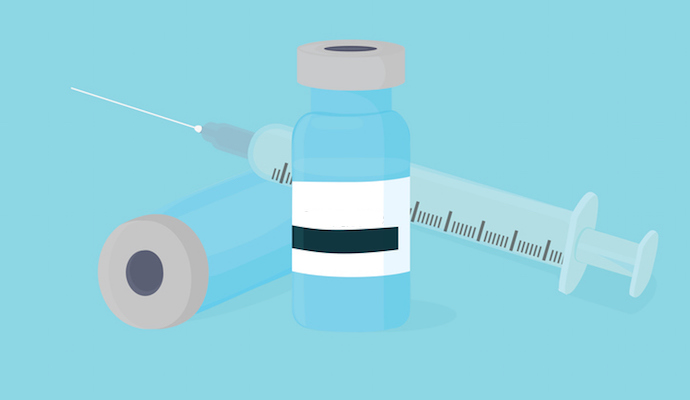Data Analytics Evaluates COVID-19 Vaccine Effectiveness
With data analytics, researchers are studying the effectiveness of the COVID-19 vaccine against the Delta variant in adolescents.

Source: Getty Images
- By conducting data analytics on one of the world’s largest integrated health record databases, the Clalit Research Institute and Harvard University researchers examined the effectiveness of the Pfizer/BioNTech vaccine against the COVID-19 Delta variant among adolescents.
According to researchers, their study provides the most extensive peer-reviewed evaluation of the COVID-19 vaccine among adolescents in a nationwide mass-vaccination setting. Additionally, it is the first such study where the Delta variant was dominant.
It should be noted this study was conducted in Israel. However, due to the continued spread worldwide of the Delta variant, it could provide critical insights to public health officials around the globe.
According to the press release, “The results of this study validate and complement the previously reported findings of a Pfizer/BioNTech Phase-III randomized clinical trial, which focused on symptomatic infections in the face of non-Delta variants, and which, with 1,983 vaccinated adolescents between the ages of 12 and 15 years, could not precisely assess vaccine effectiveness.”
Due to the study’s large sample size, researchers can analyze the data for a more precise assessment of the vaccine’s effectiveness across different time periods. The study took place between June 8, 2021, and September 14, 2021, coinciding with Israel’s fourth wave of COVID-19 infection during which the Delta variant was the dominant strain.
The researchers reviewed data from 94,354 vaccinated adolescents aged 12 to 18. Those adolescents were carefully matched with 94,354 unvaccinated adolescents based upon social determinants of health.
The results indicated that fully vaccinated adolescents saw their risk of symptomatic COVID-19 decrease by 93 percent compared to those unvaccinated. Additionally, the risk of documented infection decreased by 90 percent.
Researchers observed that after only receiving the first dose, the vaccine’s effectiveness was lower but still significant. The risk of symptomatic COVID-19 decreased by 57 percent in vaccinated patients, and the risk of documented infection decreased by 59 percent.
“The extensive nationwide rollout of Israel’s COVID-19 vaccination campaign to adolescents at the very beginning of the delta variant wave, provided the Clalit Research Institute with a unique opportunity to assess, through its rich and comprehensive digital datasets, the effectiveness of the vaccine for adolescents against delta in a real-world setting,” said Ran Balicer, senior author of the study, who serves as director of the Clalit Research Institute and chief innovation officer for Clalit.
According to Balicer, the data gathered from this study should assist adolescents in evaluating risk to make an informed decision regarding their COVID-19 vaccination status. In addition, the information presents a strong argument for getting vaccinated to positively impact population health.
